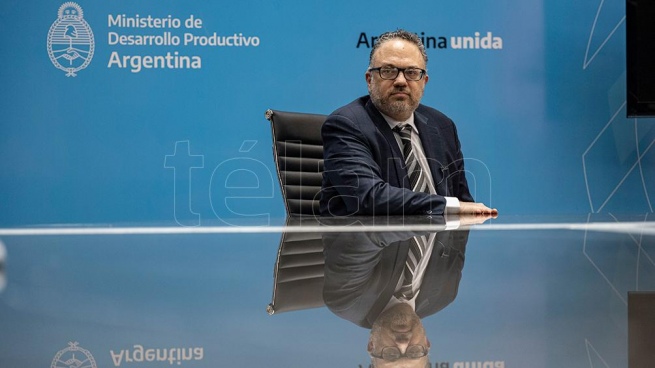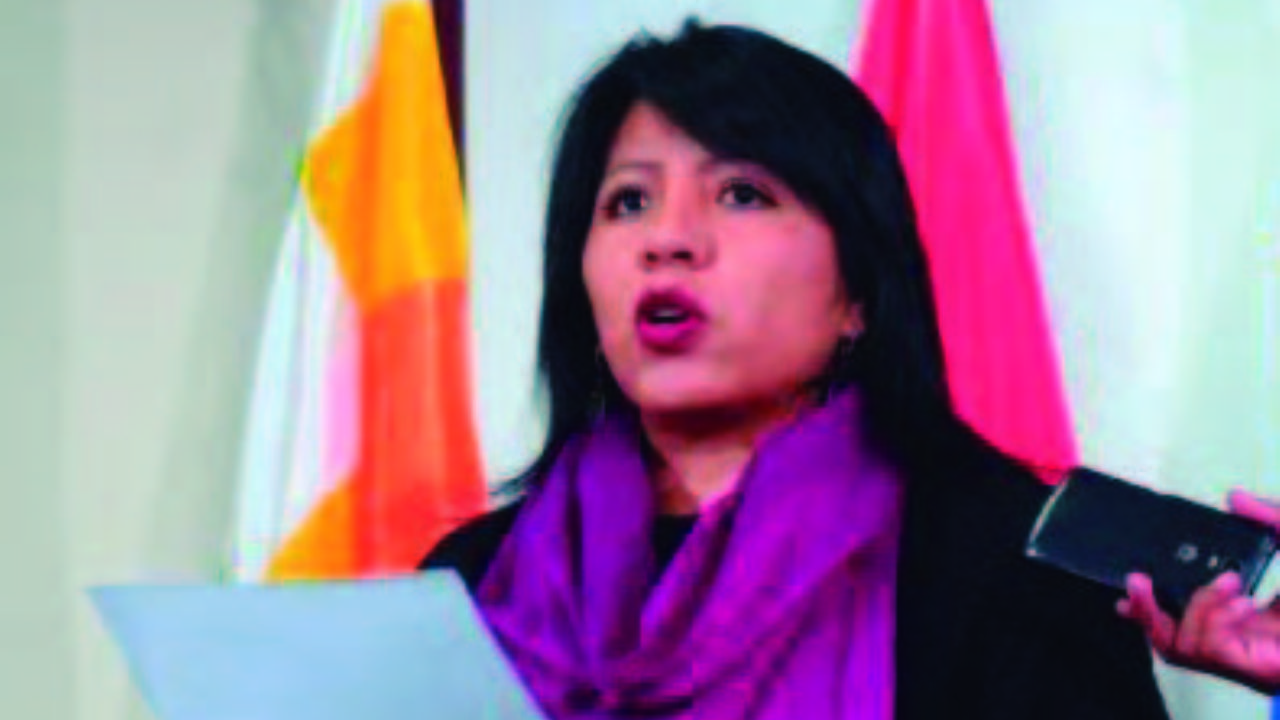Possible political alliances after the disputed Portuguese elections
After four years of managing socialism, which included economic growth and a successful health policy in the face of the coronavirus pandemic, it is not clear who will govern Portugal after tomorrow’s early elections that are expected to be very close.
What is certain is that it will not be with an absolute majority, so only possible political alliances can be deduced.
Andrés Malamud, an Argentine political scientist specialized in Portugal, explained to Télam that in terms of governance, social and economic policies, the electoral victory of the PS without an absolute majority would not entail “substantive” changes, given that the main Portuguese public policies are not controversial.
Although he indicated that “in administrative terms it can hinder the approval and execution of the budget”, a stumbling block that Costa suffered last October and detonated in the decision of the president, the conservative Marcelo Rebelo de Sousa, to dissolve Parliament and advance the elections to tomorrow scheduled for 2023.
“The PS would need, as it has done so far, parliamentary support, but not a government coalition,” said Malamud, who stressed that “the PS has governed alone, without an absolute majority, since 2015 and what it must do is negotiate with the left or the right to approve their projects in Parliament”.
In fact, Costa admitted on Tuesday in an interview with the public broadcaster Antena 1 that a government with an absolute majority is not foreseeable and assured that he would govern alone, negotiating each law on a case-by-case basis or with the support of a small party.
Despite the fact that everything indicates that the bridges between the PS and its left-wing allies have been broken, “Costa does not have a poor popular opinion, so it is possible to believe that, faced with the threat of a right-wing government, there will be an agreement between the PS and the left-wing bloc and the Communist Party,” reflected Luis Arroyo, a Spanish political analyst specializing in Portugal.
For his part, the leader of the center-right party PSD, the former mayor of Porto Rui Rio, who does not want to resort to Chega’s support to come to power, relies on a speech defending a pact between the two big parties, PS and PSD, to allow governance to the most voted.
But, according to Malamud, “a pact between the PSD and the PS is possible but unlikely.”
“What in Germany is called the Große Koalition (great coalition), in Portugal it was the Bloco Central (Central Bloc), which functioned between 1983 and 1985 bringing together the PS and the PSD in the Government and did not leave pleasant memories”, explained the political scientist in reference to the unpopular austerity policies that the Government of that time had to impose in the face of the growing economic problems that the country was going through.
For Arroyo, “the PSD would seek an alliance with the Popular Party, the two ‘central’ right-wing parties,” but if necessary, he did not rule out appealing for the support of the far-right Chega.
“A possibility that Rio denies for the moment, but what is said before the elections is one thing and how political alliances are organized after the results is another,” he warned this agency.
From the extreme right, André Ventura, who last Sunday received explicit support in Lisbon from the leader of Vox, Santiago Abascal, put a price on his electoral support for the PSD.
“Chega says that he only agrees to support the PSD if it is integrated into the government, while the PSD maintains that it accepts support but not Chega’s integration into the government,” explained Malamud.
The specialist indicated that “although the probability that Chega will offer the PSD parliamentary support is minimal, although not null, the real chances that Ventura’s party will integrate a government coalition with the PSD are close to zero.”








